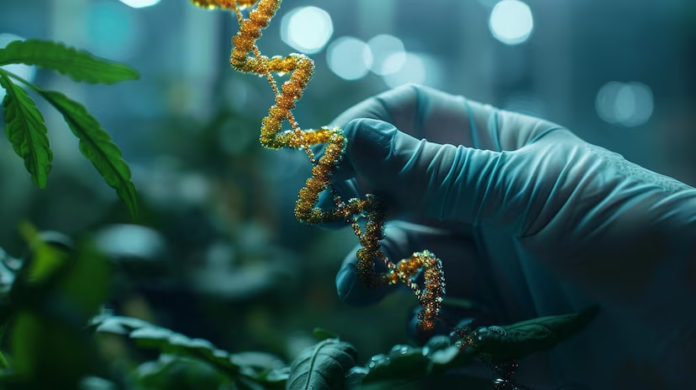The field of gene editing has been buzzing with excitement lately, and it’s no wonder why. At the heart of this revolution is CRISPR-Cas9, a groundbreaking technology that’s making waves across multiple industries. Simply put, CRISPR allows scientists to make precise changes to DNA, and the implications are nothing short of extraordinary.
In medicine, CRISPR is paving the way for new treatments that were once considered science fiction. Researchers are now testing CRISPR-based therapies for a range of genetic disorders, from sickle cell anemia to certain types of cancer. For instance, in recent trials, scientists successfully used CRISPR to edit the genes of patients with sickle cell disease, showing promising results that could transform how we approach genetic conditions. Imagine a future where diseases that once seemed incurable could be treated with a simple genetic tweak—CRISPR is making that future seem a lot closer.
But it’s not just medicine that’s feeling the CRISPR effect. Agriculture is also benefiting from this technology in exciting ways. Scientists are using CRISPR to develop crops that are more resistant to pests, diseases, and even climate change. This means we could see healthier crops with higher yields and fewer pesticide needs, addressing critical issues like food security and environmental sustainability. For example, researchers are creating crops with improved nutritional profiles and drought resistance, helping farmers adapt to an ever-changing climate and ensuring a stable food supply.
Yet, with great power comes great responsibility. The rapid advancements in CRISPR also bring ethical and regulatory challenges. Questions about the safety of gene editing, especially in humans, and the potential long-term effects on ecosystems are topics of ongoing debate. As we push the boundaries of what’s possible, it’s crucial to navigate these issues with caution and consider the broader implications of our innovations.
CRISPR and gene editing are reshaping our world in profound ways, offering hope for new treatments and sustainable solutions. As we continue to explore this exciting frontier, balancing innovation with ethical considerations will be key to ensuring that these powerful tools benefit humanity as a whole.




